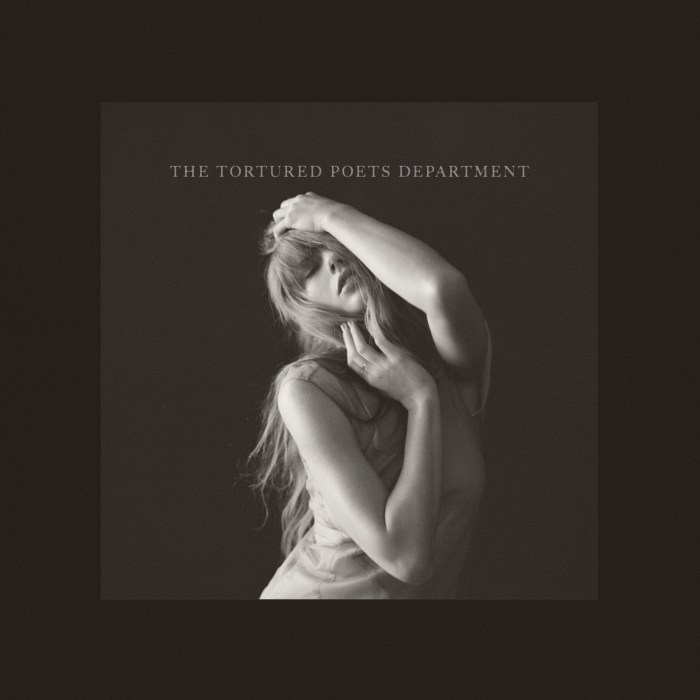By Courtney Dentch
Despite widespread publicity about a public hearing on a proposed rate increase, only a dozen people showed up for the Flushing meeting Friday and six of those were government officials.
Just four people spoke against a proposed 6.5 percent water rate hike, which would go into effect starting in July.
The hearing, held by the New York City Water Board, was designed to gather testimony on the proposed increase, which would affect property owners in Queens and the rest of the city. Similar hearings were held in the other boroughs with similarly low turnout, said William Kusterbeck, treasurer of the Water Board.
He was one of six officials from the Water Board and the city Department of Environmental Protection who ran the hearing. Two reporters also showed up.
The proposed water rate hike follows a drought emergency regulation notice that comes with strict fees for not conserving water. The fees start at $250 and increase as the drought worsens, according to the Department of Environmental Protection.
The proposal would increase water rates by 6.5 percent for all customers, including flat-rate and metered customers, and imposes a $50 fee if access to water meters is impeded. It also provides for stricter collection and the shut off of delinquent accounts, allowing the Water Board to terminate service if one charge of at least $1,000 is unpaid for more than a year or if the total delinquent charges exceed $10,000.
The rate hike proposal also expands the limitation of review for complaints of overbilling or underbilling to four years, bringing the Water Board into compliance with state law.
The Water Board will decide on the proposal at its annual meeting on May 3, and if adopted, the increase will go into effect July 1 at the start of fiscal year 2003.
Among the minimal testimony that was heard at the public hearing in Flushing Friday was a letter from Queens Borough President Helen Marshall read by Tom Campaigna, a member of her staff.
“Water and sewage are basic necessities which no one can do without,” Marshall said. “A 6.5 percent increase is unconscionable.”
Marshall suggested that a temporary drought surcharge or a smaller increase be implemented as an incentive for residents to conserve water that would present less of a burden.
“This increase would have a very serious impact on many of our residents, almost a quarter of which are senior citizens relying on Social Security payments as income,” Marshall said.
In a statement entered into the record as written testimony, City Councilman Leroy Comrie (D-St. Albans) agreed with Marshall.
“These homeowners, many of them elderly, find it difficult to maintain their homes now,” said Comrie, who did not attend the meeting. “This proposed increase would present a serious situation for them.”
Richard Hellenbrecht, vice president of the Queens Civic Congress, which represents 100 community associations in the borough, spoke at the hearing, calling the increase a “hardship.” Like Marshall, he came with suggestions, advocating a water usage tax rather than an increase, or securing federal or state funds to offer tax subsidies to residents in need.
The hearings and the proposal come nearly a month after Mayor Michael Bloomberg declared a stage one drought emergency on March 26. The declaration includes stiff fines for not complying with conservation regulations.
At this level, violations including allowing faucets to leak, using public water to wash vehicles the sidewalk or street, water lawns, fill pools or fountains, or serving water without request at restaurants incur $250 fines. As the drought worsens and the city moves to stages two and three, the fines can increase up to $550, according to the DEP web site.
Reach reporter Courtney Dentch by e-mail at TimesLedger@aol.com, or by phone at 229-0300, Ext. 138.
































